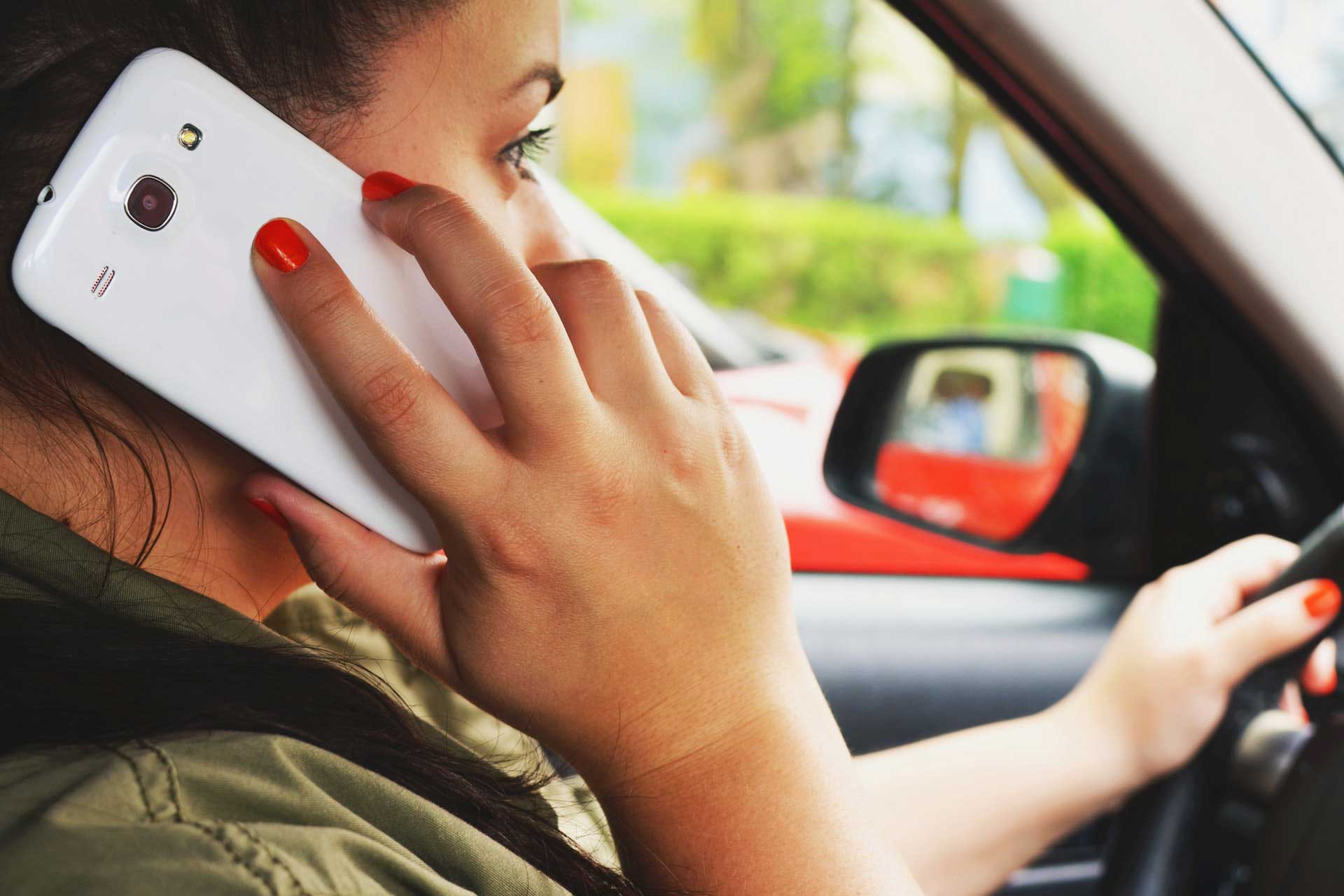This past week I heard of two issues associated with cell phones that I had never heard of before and this peaked my curiosity, are cell phones toxic to us? Frankly, I was scared to dive into this area because I’m not ready to throw my cell phone away. I think you would agree that cell phones have changed all our lives – mostly for the better – although I would argue that having everything available to us at the touch of a button has created its own issues.
In this article I’m going to explore some known issues with cell phones. This isn’t an alarmist article, rather some musings to consider that may make a difference in how you use your cell phone. And no, I’m not asking you to toss your cell phone into a lake, but you may want to do a few things differently.
A family member of mine recently had a special device surgically embedded beneath her skin called an Implantable Cardioverter Defibrillator (ICD). This device will shock her heart back into rhythm when it’s not beating as it should, potentially saving her life. At the time of discharge from the hospital they told her she could no longer hold her cell phone with her left hand or up to her left ear for fear of signal disruption to the device. WHAT?! Can a phone really produce enough radiofrequency energy to cause electromagnetic interference with a defibrillator? Then, the same week, a friend of mine was talking about how she has developed an allergy to gold, and her dermatologist told her it could be from cell phone use. Another WHAT?! I needed to know more…
Interference with Medical Devices
Apparently, defibrillators are not the only medical device at risk caused by cell phone use. Cellular phones potentially interfere with pacemakers & hearing aids, too. This is a very real issue, and anyone who has these devices are advised to not use cell phones on the side of their respective device. Hearing aids have improved over the years, decreasing some interference issues with cell phones, though not completely. Anything with an electromagnetic field (EMF) can interfere with these devices – think airport scanners, metal detectors, etc.
The FDA has created a specialized test to determine if the interference of a cell phone & other EMF equipment can indeed handicap medical devices. Manufacturers are upping their PR game to assure this isn’t the case, but the risk is still there. Take-home point: if you have any of these devices research the potentially problematic ones, and take the warnings seriously!
Other Potential Health Risks
In Europe, there is a huge study in progress called COSMOS, which will try to shed light on possible health issues linked to long-term radiofrequency energy from cell phone use. They are monitoring approximately 300,000 adult cell phone users for 20-30 years. Another study, also being done in Europe, called MOBI-KIDS is evaluating the relationship between exposure to radiofrequency energy and brain cancer in young people. I found several small studies in the US that touted no increase in brain cancer but then did make a one line comment that there was a “small increased risk among the subset of heaviest users”. Hmmm. Sounds like a possibility to me. Other studies offered conflicting information (some claiming it was linked, others stating the opposite) on the issue of brain cancer potentially resulting from cell phone use. When I see small studies like this that sit on both sides of the fence, I must wonder who foots the bill?
While scientists work on collecting hard data to battle the great unknowns, let’s do a quick exercise in deductive reasoning, Sherlock Holmes-style. Fact: cell phones emit a radiofrequency that produces enough of a signal to feasibly interfere with reliant health devices. People rely on these devices to live their daily lives, be it in the form of a hearing aid or pacemaker. There. It’s that simple, like checking blind spots, or rinsing your vegetables. Below I have some tips to navigate your cell phones as safely as possible. On a side note, I find it sad that the biggest, most progressive studies are coming from Europe…not the US. Shame on us.
Increased Metal Sensitivities
Incidences of metal allergies are on the rise, in part, some argue, due to the metals used in cell phone production. Keeping your phone nearby for long stretches (such as on your bedside table), or using it near your face (as most of us do) can been associated with what is being called “cell phone dermatitis”. If you inexplicably develop a rash on your ears, or in the jaw area it could be from your phone. The metals that seem to be the primary culprits include nickel, cobalt, and chromium. Not all cell phones have metal alloys, however, highlighting the importance of knowing the risks associated with your specific phone model. In addition, gold sensitivity cases are increasing, and are thought to be related to cell phone use in general. While the prices may suggest otherwise, gold is obviously not found in cell phones, so these cases of increased sensitivities are presently unfounded. I couldn’t find a good study demonstrating the connection with cell phones to metal sensitivities, but the reports are trickling in. If you have a rash in the vicinity of where you store your cell phone (on your person), or one near your face, you may consider this connection a potential cause.
While the big studies carry forward, and our awareness grows, here are some tips to avoid potential health issues:
Keep the phone as far from your head as possible (use a speaker whenever possible)
Do not carry your phone tucked in close to your skin. If you are a woman, keep it out of your bra for sure! If you keep it close to you, then put the screen or keypad closest to your skin, and battery facing away from you.
Text more, talk less (turns out our kids had this one figured out)
Don’t sleep with your cell phone near your head. Just don’t do it.
Avoid blue tooth headsets; use ear buds instead.
If you rely heavily on your cell phone, then you really should consider these safety tips. I’m not ready to be rid of my phone yet, but I sure am going to make some changes with how much I hold it up to my ear. It makes me wonder about the smart watches, and what health risks they pose since they are attached to many of our arms 24/7? Hmm…
Stay tuned.









